Discover 16:1 - Education, Teaching, & Learning
16:1 - Education, Teaching, & Learning

16:1 - Education, Teaching, & Learning
Author: Chelsea Adams, Katie Day
Subscribed: 17Played: 167Subscribe
Share
© Moonbeam Multimedia
Description
16:1 is a podcast about education, teaching, and learning. Join veteran educators for discussions about the classroom, educational psychology, policy, technology, and more. New episodes drop every other week during the school year.
145 Episodes
Reverse
Writing the Textbook for Emergency CareWhat does it look like when a community builds critical infrastructure before established institutions recognize the need? In this episode, we examine a short-lived but transformative ambulance program that helped define modern emergency medical response at a time when most U.S. emergency calls were handled by minimally trained personnel. At the intersection of medical research, workforce development, and community trust, this effort, known as the Freedom House Ambulance Service, reframed first responders as field clinicians and demonstrated how on-the-job education can function as public health infrastructure. Learn about the researchers and educators who helped shape early resuscitation science, the culture of embedded learning that accelerated community care, and the institutional shifts that rippled across the country in the wake of the program’s success.00:30 Intro + Ohio’s changing kindergarten enrollment cutoffs; school & family impact06:00 Freedom House Ambulance Service: Community-driven transformation in Pittsburgh’s Hill District13:20 Learning under fire: education and training in the field17:05 Writing the textbook for emergency medical care18:30 Building effective learning community in a crisis context23:20 Rules, restrictions, and mavericks; pushing boundaries to further medical research25:50 Education as public infrastructure, not credentialing pipeline; the relative value of expertise27:00 The structure of schools & workplaces for community empowermentFor a full list of episode sources and resources, visit our website.Sources & Further Reading:Freedom House Ambulance Service - WikipediaNancy Caroline - WikipediaPeter Safar - WikipediaEmergency Medical Services - WikipediaAmerica's First Paramedics Were Black. Their Achievements Were Overlooked for DecadesFreedom House Ambulance: The FIRST Responders | America's First EMT ServiceHow to see Dublin’s secret painting | The Doyle CollectionFreedom House Ambulance Service – EMS MuseumAbout Us - Freedom House DocThese Trailblazing Black Paramedics Are the Reason You Don't Have to Ride a Hearse or a Police Van to the HospitalSend Freedom House! | Pitt Med | University of PittsburghNancy Caroline Award | Safar Center for Resuscitation ResearchThe Jewish Woman who Revolutionized Emergency Medicine | AishHellelil and Hildebrand, the Meeting on the Turret Stairs by Frederic William Burton | National Gallery of Ireland'There's no telescope this large ever built. It's not like we have a precedent for how to do these things,' Giant Magellan Telescope engineers on why they used the Unreal Engine to build an unprecedented telescope simulator | TechRadar
We’re back to kick off our “third” season (and sixth year!) with learning strategist, National Board certified science educator, and special education teacher Tina Heineke-Kurtz. Tina is a delightful and adventurous human being with a strong passion for inclusive education, and her career in teaching and advocacy has touched the lives of countless students. We spoke with Tina about life in Oconomowoc, co-teaching in an inclusive classroom, and the challenges of meeting the needs of all learners. Welcome back, listeners, and enjoy the chaos of a gaggle of Midwesterners.00:00 Ice Fishing with the Stomach Bomb08:40 Teaching Journey and Career Path13:20 Middle School and Mentorship21:00 Co-Teaching In Inclusive Classrooms27:40 COVID and Social/Emotional Displacement34:40 Making Chicken Soup37:20 Inclusive Practices and Stakeholder Perspectives47:00 Professional Development and Personal Growth49:20 MARBLES, MARBLES, MARBLES!56:50 The One Who Cared1:00:00 What We LearnedFor a full list of episode sources and resources, visit our website.
In the final episode of this season of 16:1, special guest Dr. Brandi De La Cruz, 2025–2026 Tennessee Teacher of the Year, joins us for an honest, grounded look at the teaching profession. Dr. De La Cruz’s nonlinear path into mathematics education has become a core part of her teaching identity, and she speaks candidly about trying new things, building community, and deepening connections between classroom learning and community impact. We also discuss graduation pressures, funding incentives, local workforce expectations, teacher retention, professional development, and the evolving realities of AI in the high school classroom.16:1 returns January 2026 with a new season. Happy holidays!00:30 Wrap up thoughts on teaching 198406:40 Dr. Brandi De La Cruz: An indirect path to the math classroom11:20 Learning to connect with students through lived experience20:00 Local industry and applied learning connections24:00 Why teaching is worth choosing27:30 Metrics, misaligned incentives, and honest accountability36:30 Finding your people in your school43:15 What makes for meaningful professional development?For a full list of episode sources and resources, visit our website.
This week, we’re looking through our history to ground ourselves in a turbulent present. Tune in for our discussion of Septima Poinsette Clark, the Charleston-born educator and activist Martin Luther King Jr. once called “the mother of the movement.” Her story bridges the segregated classrooms of the early 20th century and the civil rights movement’s front lines. Through the establishment of hundreds of citizenship schools across the U.S., she helped thousands of Black Americans gain the literacy skills necessary to vote, transforming communities. We also consider her complex legacy as a woman who challenged not only racism but also sexism within social movements that she helped to shape.02:24 Septima Poinsette Clark: Family History & Educational Empowerment06:00 Teaching in segregated South Carolina and the fight for equal pay09:00 Adult Literacy & Citizenship12:20 Poll Taxes, Literacy Tests, and the Politics of Reconstruction14:00 Workshops at the Highlander Folk School16:00 Citizenship Schools and the Southern Christian Leadership Conference21:40 Septima Poinsette’s Civil Rights Activism: Legacy and LessonsFor a full list of episode sources and resources, visit our website.
Two English teachers and a technologist come together for a lively discussion on George Orwell’s 1984 and teaching the text to high school students in the U.S. in 2025. Tackles complex topics (propaganda, surveillance, freedom of expression). Good for educators who are thinking of teaching the novel in their classrooms.02:00 Framing & historical context, George Orwell06:50 Making sense of Winston Smith10:00 Misogyny and modernity 13:00 Memory, individuality, and the alteration of history18:55 What is war in Oceania?24:45 Newspeak, language, and narrative control33:00 Art and entertainment in totalitarian Oceania40:45 Student engagement with 1984For a full list of episode sources and resources, visit our website.
This week, we’re covering one of the most explosive education controversies in American history, the 1974 Kanawha County, WV “Textbook Wars.” What began as a school board vote over new reading materials in West Virginia eventually escalated into boycotts, firebombings, and a national debate over who decides what children learn. From the cultural divides rooted in West Virginia’s founding to echoes of the Scopes “Monkey” Trial and the rise of outside agitators, this episode traces how faith and identity can collide in America’s public school classrooms.02:10 Setting the stage: The Civil War and West Virginia’s history of division04:15 The Scopes trial: How America’s first classroom media circus reshaped public discourse08:44 Labor and identity: Kanawha County’s legacy of protest and class tension09:40 Alice Moore & the textbook controversy23:30 Outside influence: How extremist groups amplified local outrage25:55 Aftermath & legacy: What this fight tells us about freedom, pluralism, and fear in public educationFor a full list of episode sources and resources, visit our website.
The Stories Our Students CarryCulturally Responsive PedagogyCulturally responsive teaching begins with the recognition that learning doesn't happen in a vacuum. Teachers must carefully navigate curricular needs while building a foundation of trust and respect with students, each of whom carries unique stories and experiences into the classroom. In this episode, we explore the work of scholars who study those intersections: between school and family, the individual and their culture, classroom lessons and the many other concerns crowding a young learner’s mind.00:00 Intro + Announcements03:30 The US Education System: A Pressure Cooker05:00 Revisiting Social Learning Theory; Lev Vygotsky, Albert Bandura06:30 Dr Luis C Moll & Funds of Knowledge08:30 Research Contributions from Dr. Gloria Ladson-Billings, Dr. Geneva Gay; culturally relevant and responsive pedagogy11:20 Culturally responsive pedagogy and practical applications in rural classrooms18:20 Culturally responsive teaching with varied student populations21:30 Discussion Questions31:10 What we learnedFor a full list of episode sources and resources, visit our website.
Artificial Intelligence and the Classroom: Embracing, Regulating, or Rejecting?This week, our co-hosts (one a teacher, one a technologist) revisit ongoing discussions about the role of artificial intelligence in schools and classrooms with a focus on how institutions of higher education are addressing AI tools at a policy level. From Ohio State University's push for AI fluency to staunch opposition from other institutions over academic integrity concerns, we examine the varied approaches schools are adopting. The hosts also explore the personal impacts of these technologies within classrooms and the ethical considerations raised (think privacy, mental health, and the development of critical thinking skills in young learners) as AI expands its reach into academia and the workplace.00:00 - Intro & Announcements03:00 - 2025 AI Use Trends and Examples, Higher Education; Some Schools Enthusiastically Embrace AI Tools09:00 - Skeptical Embrace: AI in College Admissions, Student Services, and Campus Safety15:00 - Chat Tools and Mental Health Concerns17:00 - Some Schools Reject AI Over Academic Integrity Concerns20:00 Teacher Perspectives on AI: From Higher Ed Policy to Classroom Practice30:00 Classroom Activities Using AI; The Educator's Role in AI Use Policy Discussions Discussions37:20 What We LearnedFor a full list of episode sources and resources, visit our website.
We’re back after the summer break with new episodes of 16:1! New episodes will now be released on a seasonal schedule. Thanks for subscribing and supporting the show as we evolve! In the first episode of this season, we’re exploring Appalachian regional history and a story of community resilience in some of the country's remotest regions. You’ll hear how the pack horse librarians, women who traveled by horseback or mule over rough territory, traversed dozens of miles each day to deliver books to Kentucky families with few connections to neighbors and very limited access to public libraries. In the wake of Wall Street’s crash in 1929, pack horse librarians delivered books, mail, and other goods to fuel curiosities and help people gain critical new skills that put them back to work.Thanks for listening, and welcome back to 16:1!For a full list of episode sources and resources, visit our website.
In our final episode of the 2024-25 season, we reflect upon our year of learning and how our philosophies of education continue to evolve. We return to perennial questions: What's the purpose of education? Who gets to learn, and how? How do we best learn? What’s worth unlearning? And, where are we headed? From redefining student success to shifting attitudes on academic freedoms and institutional values, we’ve covered a lot of ground over the past year. We’ll revisit insights from guests on school leadership, student travel, pedagogy, rural education, and student-led local journalism. We’ll also grapple with what’s next for American schools and universities amidst so much uncertainty and turbulence. Thanks for listening, and we’ll be back in September of 2025!For a full list of episode sources and resources, visit our website at https://sixteentoone.com/archives
Something about the newsroom of The Reporting Project at Denison University in Granville, Ohio feels different. It’s energetic— humming, even when the lights are dimmed and the computer screens are turned off at the end of a long day of writing, collaborating, and crafting stories from the raw materials of community and change in rural Ohio. From Intel’s $20 billion arrival in the region to local election night coverage to the antics and attire of the Buckeye Lake Pirate Festival, The Reporting Project weaves human connection together with a liberal arts approach to narrative journalism.In “the most egoless newsroom” around, a growing cohort of student journalists works alongside veterans of the craft—seasoned educators like Jack Shuler (founder of The Reporting Project and Director of Journalism at Denison) and Alan Miller (former Executive Editor and 37-year veteran of The Columbus Dispatch)— to shine a light on stories of deep significance to surrounding communities. In this episode, we are also joined by Julia Lerner (managing editor of The Reporting Project) and Caroline Zollinger (recent Denison graduate, editor, and reporter) to discuss how the revitalization of community news is fostering trust, awakening civic life, and driving a new generation of students toward curiosity and community engagement.To learn more about The Reporting Project, visit thereportingproject.org. Please support your local news organizations!Additional Notes & Resources:The Reporting ProjectThe Observers CollaborativeCenter for Community News | The University of VermontWCLT Radio
This week we’re taking a break from the evolving civic situation in the U.S. to shine light on global stories in education that you may have missed.Nepal’s National Teachers’ Strike Lifted: Teachers and Students in Nepal are resuming classes more than a month after teachers began demonstrating across the country in protests that included clashes with police over issues of teacher pay, sick leave, grading systems, and other issues. Negotiators had faced setbacks after several rounds of contentious negotiations with the country’s teacher unions. Educators have been turning up the pressure on the Nepalese government to enact legislation directed by the country’s 2015 Constitution that transfers control of the nation’s schools to regional and local authorities.“AI tools are going to do to students’ critical thinking skills what social media has done to their attentive skills.”AI in Global Classrooms: National Experiments in China and Estonia: Prompted by emerging policy statements on AI use in U.S. classrooms, we take a look at how other countries are faring as the pressure to adopt AI tools and lessons increases with the ubiquity of AI products. In China, AI in schools is almost old news; we’ll take a look at their aggressive stance on implementing the technology and compare it to that of Estonia, which has recently announced a partnership with OpenAI for the use of a custom version of ChatGPT for education within its public secondary schools.Ashlie Crosson Named National Teacher of the Year: The Council of Chief State School Officers has announced the 2025 recipient of the National Teacher of the Year award. This year’s winner is Ashlie Crosson, an English teacher and media & journalism advisor at Mifflin County High School in Pennsylvania. Congrats, Ashlie!Discussion QuestionsHigh stakes make schools a precarious place to “move fast and break things,” but there are sometimes costs to falling behind. What is the appropriate pace of educational change?When we worry about being “left behind” in the race to adopt artificial intelligence tools in our schools, have we considered the net impact of AI, or are we focused on individual benefits and risks? As we adopt more AI tools, do we risk learning becoming “artificial”?What does it mean to “personalize” the educational experience?For a full list of episode sources and resources, visit our website and click on Archives.
Our conversation this week is with Vivian Van Gelder, Director of Policy & Research at the Southeast Seattle Education Coalition, a nonprofit that unites more than 50 community organizations, schools, parents, and caregivers behind advocacy for equitable education policy. Vivian is the lead author of a report called Left to Chance: Student Outcomes in Seattle Public Schools, A forensic history. It’s a sweeping and detailed analysis of one public school district’s leadership and policy choices over more than three decades and how those choices have shaped the educational experience of tens of thousands of students attending more than 100 schools.In her report, Vivian uncovers the story of how Seattle Public Schools embraced an experiment in local control, allowing parents and students to “vote with their feet” for support of their local schools. In theory, competition drives innovation; in practice, the story was more complicated, and it produced a fractured district with a hundred mini-systems that were unevenly funded, under-supported, and almost invisible to central leadership.We think there’s a lot to be learned from this report and from researchers like Vivian who are doing the hard work of holding intractable social problems up to the light in a way that can spark progress and ignite momentum behind reform. We spend significant time discussing Seattle Public Schools in this episode, but Katie and I were struck by just how familiar some of these tensions are to what we’ve heard from educators in Appalachian Ohio, or to friends in suburban Maryland and rural Alaska and the Deep South. Vivian’s work addresses universal questions of values and organizational leadership in public schools, and we encourage you to read it (we will link to it in our show notes).Thanks for listening to 16:1, and don’t forget to sign up for our email newsletter for the latest news, resources, workshop offerings, and episode announcements from Moonbeam Multimedia. For a full list of episode sources and resources, visit our website at sixteentoone.com/archives.
Higher education in the U.S. faces an unprecedented storm of political and financial upheaval, highlighting critical tensions around free speech, academic freedom, and institutional integrity. Columbia University's initial compliance with demands from the Trump administration—banning protest masks, revising protest policies, and ceding departmental autonomy—signals a troubling shift away from protecting academic freedom, but capitulation isn’t the end of the story. Harvard University is resisting similar pressures, fiercely defending the right to independent scholarship against federal overreach under Title VI. Universities like Cornell, Northwestern, Johns Hopkins, and the University of Pennsylvania are grappling with massive financial disruptions impacting critical research and community programs.In K-12 education, similar tensions emerge: the past few weeks have brought DHS/ICE interventions in LA schools alongside Maine's successful pushback against federal interference in childhood nutrition programs. Even internationally, students at Netzaberg Middle School in Germany experienced what they perceived as administrative retaliation for peaceful protest, underscoring global stakes in educational autonomy.In lighter news, this week we are also catching up on Ohio’s pending legislation around school cell phone use and the unresolved struggle over digital boundaries and mental health. Jonathan Haidt’s recent conversations on The Ezra Klein Show highlight the ongoing challenge of balancing protective measures without regressing into outdated moral frameworks. For all of this and more, check out the latest episode. Thanks for listening.For a full list of episode sources and resources, visit our website at sixteentoone.com/archives.
This week, we’re reexamining old assumptions about merit and fit in higher education admissions with Emily Chase Coleman, co-founder and CEO of HAI Analytics, a company that helps colleges and universities use data to navigate challenges such as shrinking applicant pools, shifts in broader demographic trends, and rising costs. Learn how schools are rethinking what matters (beyond test scores and grades) and using new, data-driven methods to clarify institutional goals and support more equitable education outcomes. Emily draws on more than two decades of higher education leadership experience and holds a PhD in Social Psychology and Statistics from Cornell, which she brings to the challenge of bridging the gap between data science and institutional strategy. Join us for a reflection on the limits of traditional admissions approaches and the potential of predictive modeling, AI, and human judgment to reshape how colleges define and pursue student success.
We’re rounding up and analyzing education news headlines this week on 16:1:The U.S. Department of Education is now half its former self—with 1,300 staffers gone and lawsuits brewing over what critics call a systematic gutting of civil rights protections. We’re sorting through the challenges and exploring the fallout on public education.Arrests of Palestinian student activists at Columbia have raised fresh questions about academic freedom and the future of the United States’ role in international scholarship. With visa crackdowns and a shaken reputation among U.S. universities, the stakes are higher than ever. Some European universities (like Aix Marseille) are offering safe haven to researchers leaving the U.S. due to concerns over academic freedom.We also take a look at Title VI investigations targeting diversity programs and the pushback by parents, students, disability advocates, and more.We’re revisiting the Science of Reading with updates on how the literacy movement continues to reshape classrooms nationwide.For a full list of episode sources and resources, visit our website at sixteentoone.com/archives.
This episode features the story of how a group of more than 700 pioneering women in the UK smashed through barriers to higher education and claimed degrees from Trinity College Dublin. Denied their degrees at Oxford and Cambridge because of their gender despite successfully completing their exams, the “Steamboat ladies” made use of an early 1900s loophole to earn official recognition by making a trip across the Irish Sea. The episode also explores the broader suffrage movement at the turn of the century and profiles figures like Eleanor Rathbone and Margaret Hills, whose efforts paved the way for academic and professional equity for women attending universities in the UK and around the world.For a full list of episode sources and resources, visit our website at sixteentoone.com/archives.
This week’s news headline roundup covers the following stories:Proposed Ohio Senate Bill 1 higher education legislation targets DEI initiatives, faculty rights, and funding, sparking fierce debates across campuses.New research warns that leaning on generative artificial intelligence tools might be eroding our cognitive muscles, raising questions about AI tools in educational contexts.A NY Climate Change Education Bill would embed age-appropriate climate change lessons in K-12 curricula.Partially in response to recent data deletions, Harvard Law School’s Library Innovation Lab steps in to preserve over 300,000 federal public datasets for future research.For a full list of episode sources and resources, visit our website at sixteentoone.com/archives.
Explore the life and work of Jerome Bruner, a pioneering psychologist, multidisciplinarian, and educator who transformed the study of learning. Discover how Bruner’s early experiences, including his corrective surgery for cataracts and his upbringing in New York City, influenced his path in education and cognitive psychology.Learn about Bruner’s role in moving psychology beyond rigid behaviorist frameworks, setting the stage for a deeper exploration of mental processes in learning. Explore Bruner’s belief that learners construct their own understanding through active discovery, and how this philosophy supports student-centered teaching methods.Hear about practical implications of scaffolding and spiral curricula in the classroom.Hear how Bruner’s work on narrative psychology informs our understanding of learning as a process of constructing and sharing stories.For a full list of episode sources and resources, visit our website at sixteentoone.com/archives.
This week in education news headlines, we cover:Australia has banned teenagers under 16 from using social media apps, with a one-year grace period for platforms to implement age verification measures.Disgraced college admissions advisor Rick Singer tries to stage a comeback with a new consulting venture.To boost incoming class sizes in a difficult economy, institutions like the University of Providence adopt direct admissions to streamline enrollment and promote diversity.A major data breach at K–12 software provider PowerSchool has affected numerous districts, emphasizing the growing need for robust cybersecurity and transparent safety protocols in schools.Higher education faces shifts as Boston University suspends humanities PhD admissions due to budget pressures, while Purdue University introduces the Cornerstone Integrated Liberal Arts program to revitalize cross-disciplinary learning.For a full list of show sources & additional resources, visit sixteentoone.com/archives.





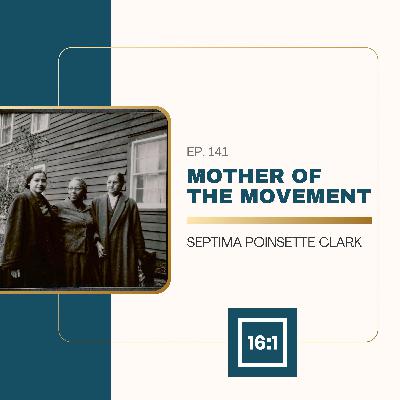
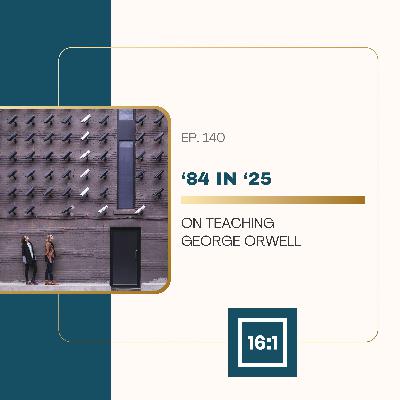
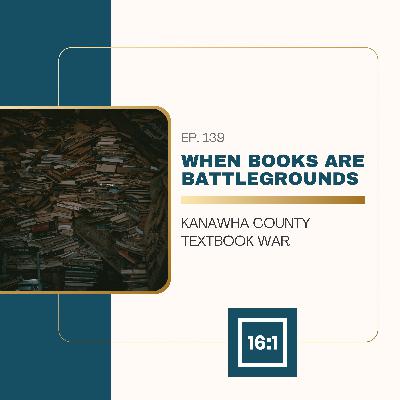
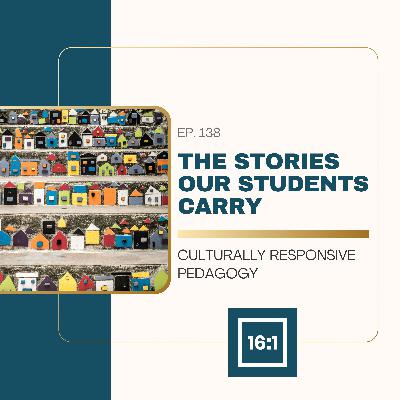
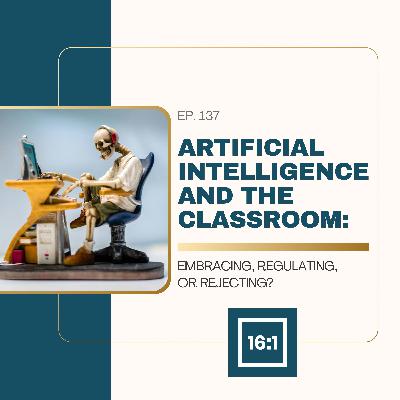

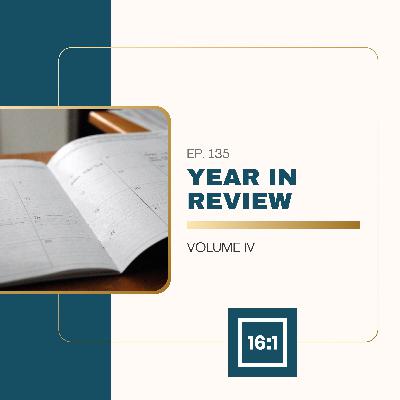
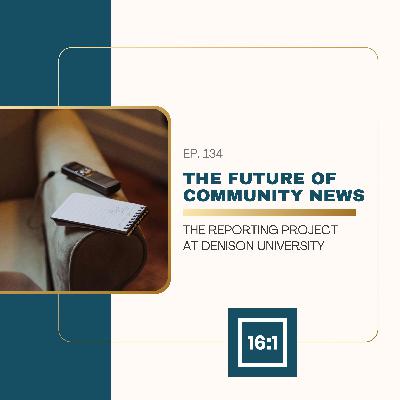
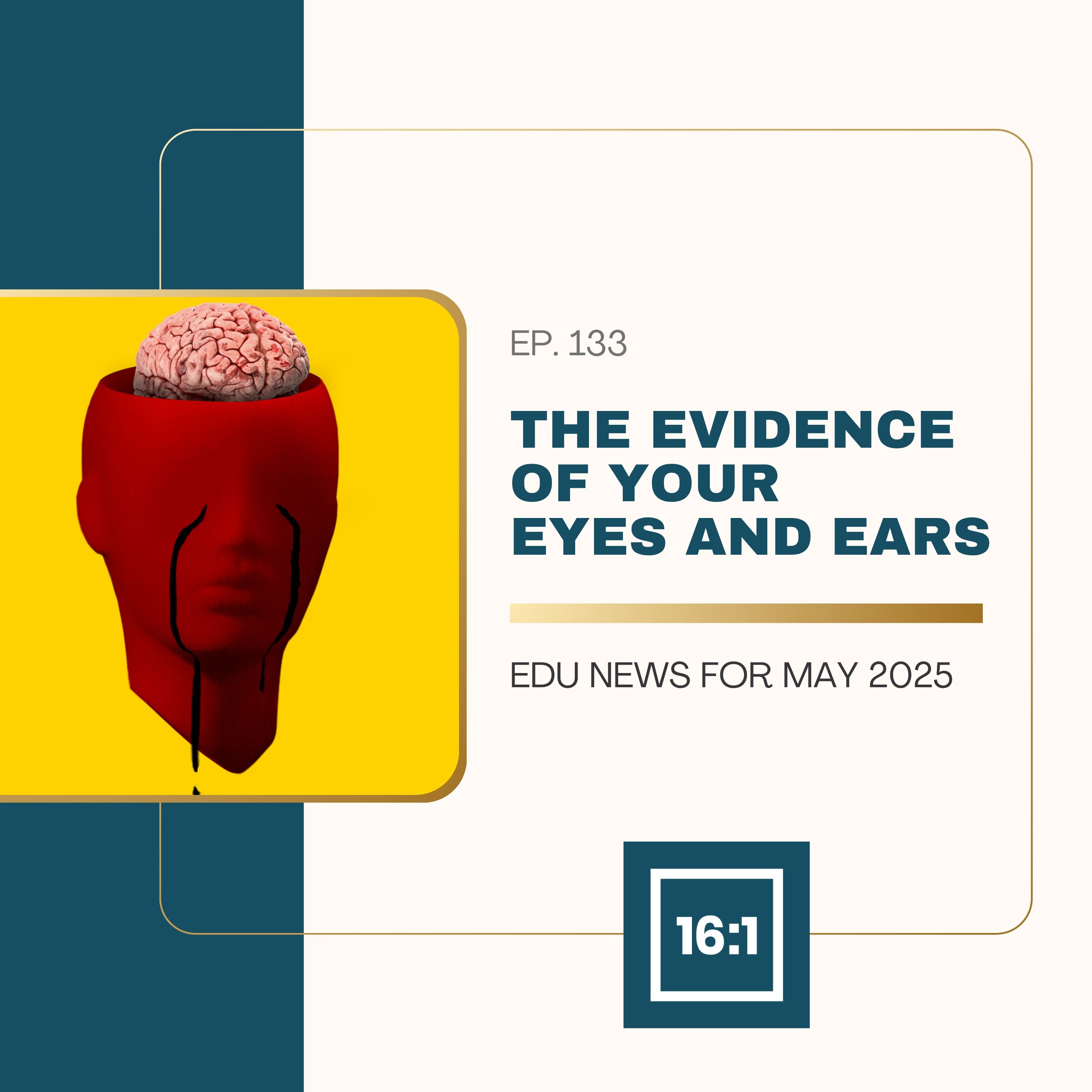

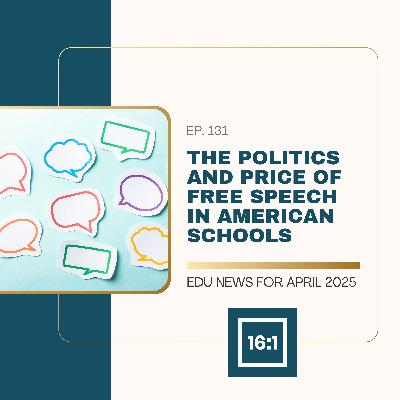
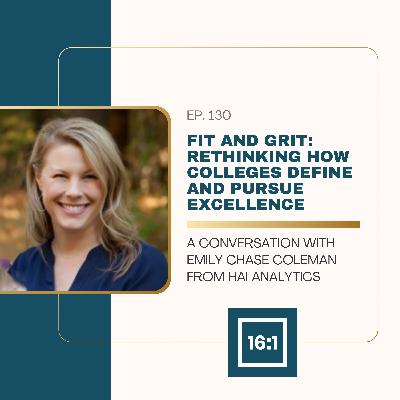
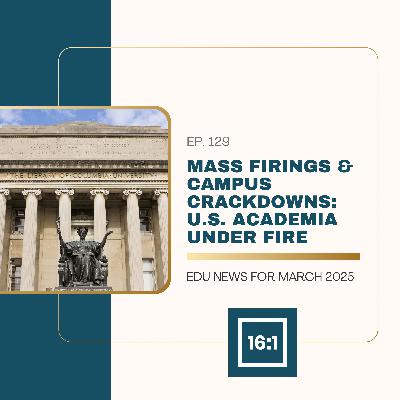
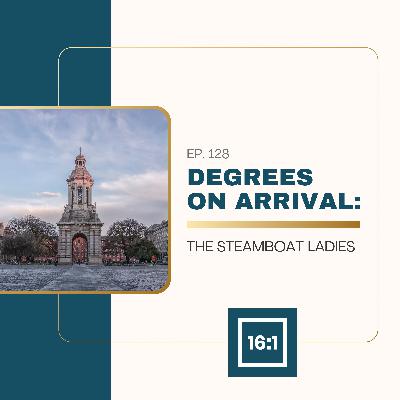
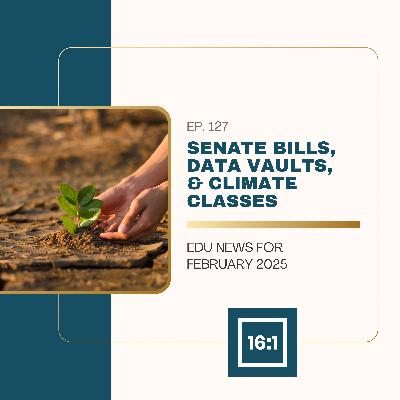

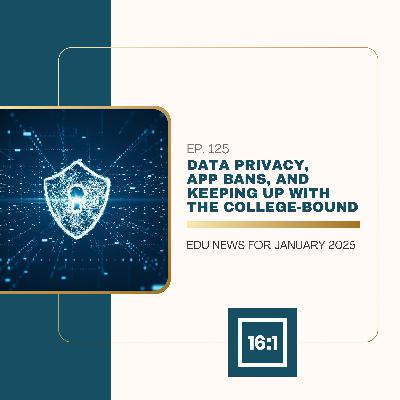



No Fear of Failing Any Certification Exams! Visit Page: https://www.solution2pass.com/